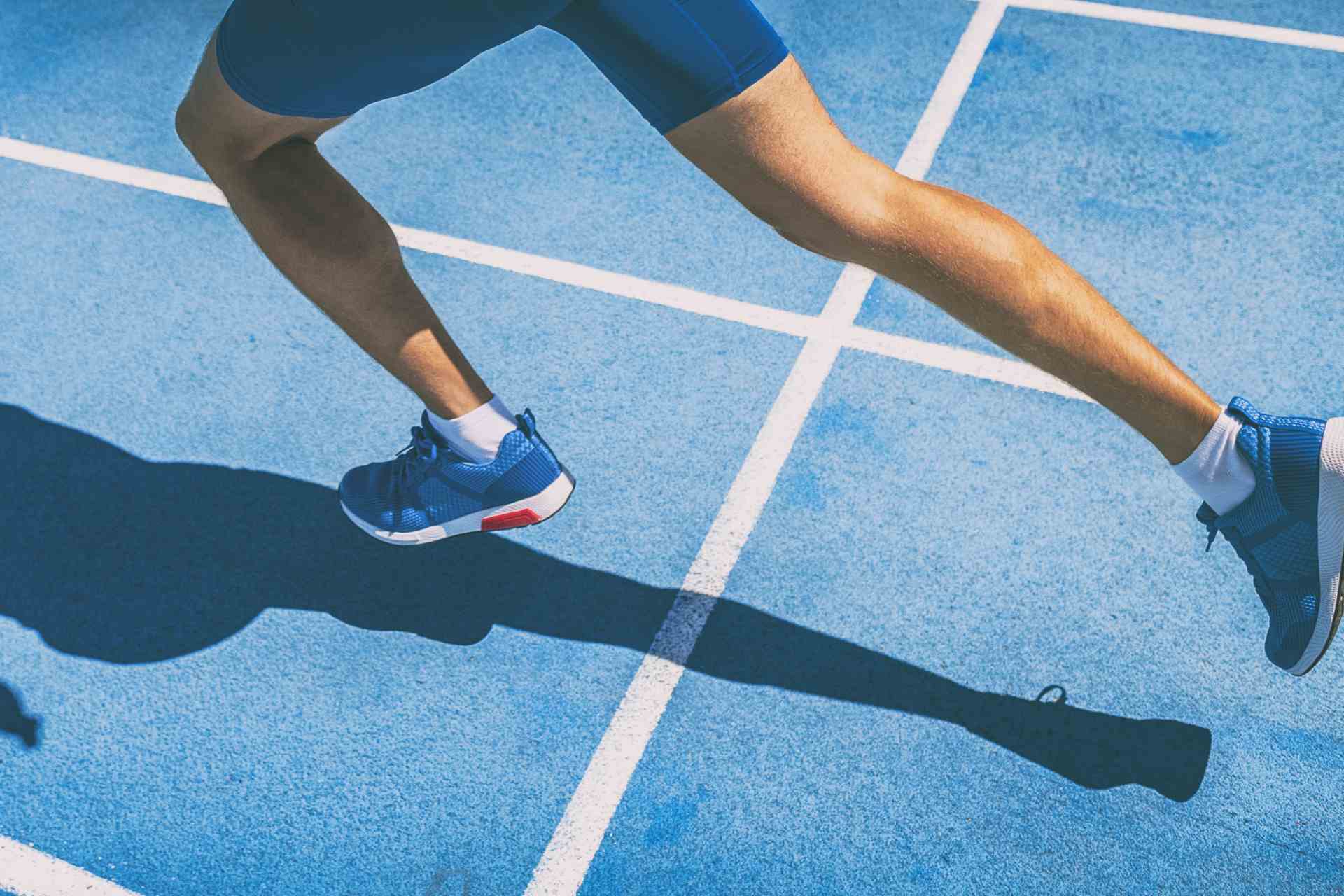Growing evidence suggests that gut microbes play a key role in metabolism, energy production and overall fitness. Now, a study done in mice found that the microbiota can improve metabolic health and energy use.
The findings, published in Cell Reports, suggest that gut microbes adapt to exercise demands, favoring energy production over bacterial diversity. However, microbiota alone didn’t boost endurance, highlighting the need for exercise.
Previous studies have shown that altered gut bacteria impair sport performance, whereas fecal metabolites such as short-chain fatty acids (SCFAs) improve it. Elite athletes are also known to have a distinct gut microbiota, which adapts with training.
To better understand the effects of gut microbes on fitness, David Martin at the University of Rennes in France and his colleagues analyzed the microbiota of 50 young men with varying levels of exercise ability, including non-athletes and elite athletes.
Energy metabolism
Gut microbiota composition was linked to aerobic exercise capacity, with elite athletes having a different microbiota profile than non-athletes, particularly a higher abundance of Prevotella bacteria. The levels of two SCFAs, valerate and propionate, were associated with the presence of Prevotella copri, which has been linked to higher aerobic exercise capacity.
In people with moderate exercise capacity, gut microbiota diversity increases, but among elite athletes, the diversity decreases. Despite this reduction, elite athletes still have high levels of fecal SCFAs, which are important for energy metabolism.
Individuals with higher aerobic capacity also tend to have fewer metabolic pathways related to fermentation and carbohydrate breakdown, the researchers found. Their gut bacteria appear to prioritize energy production from simple nutrients over more complex ones such as starch.
Aerobic capacity
Next, the team transferred gut microbes from the study participants into mice. Some traits of the donors, such as maximum oxygen consumption and fat oxidation—which are a proxy for aerobic capacity, influenced the composition of the mice’s gut microbiota. One bacterial species, Parabacteroides merdae, was associated with these traits.
Animals receiving microbiota from elite athletes processed sugar more efficiently and stored more energy in their muscles than those receiving microbiota from non-athletes. However, despite these metabolic improvements, the mice didn’t run longer or farther.
The findings may inform the management of gut microbiota in elite athletes and patients undergoing specific physical activity for therapeutic purposes. The work also suggests the potential to personalize fecal microbiota transplants for people with non-communicable diseases by considering aerobic exercise capacity when selecting donors, the authors say.









